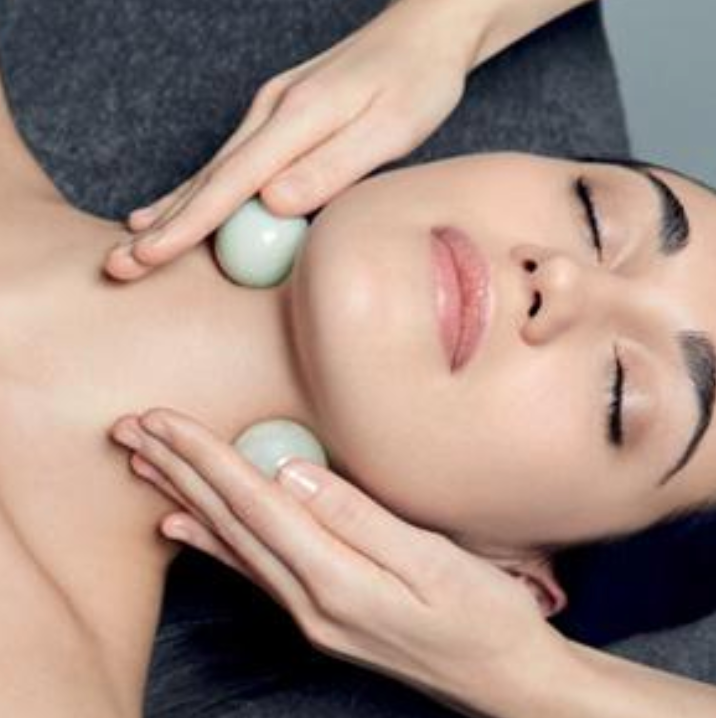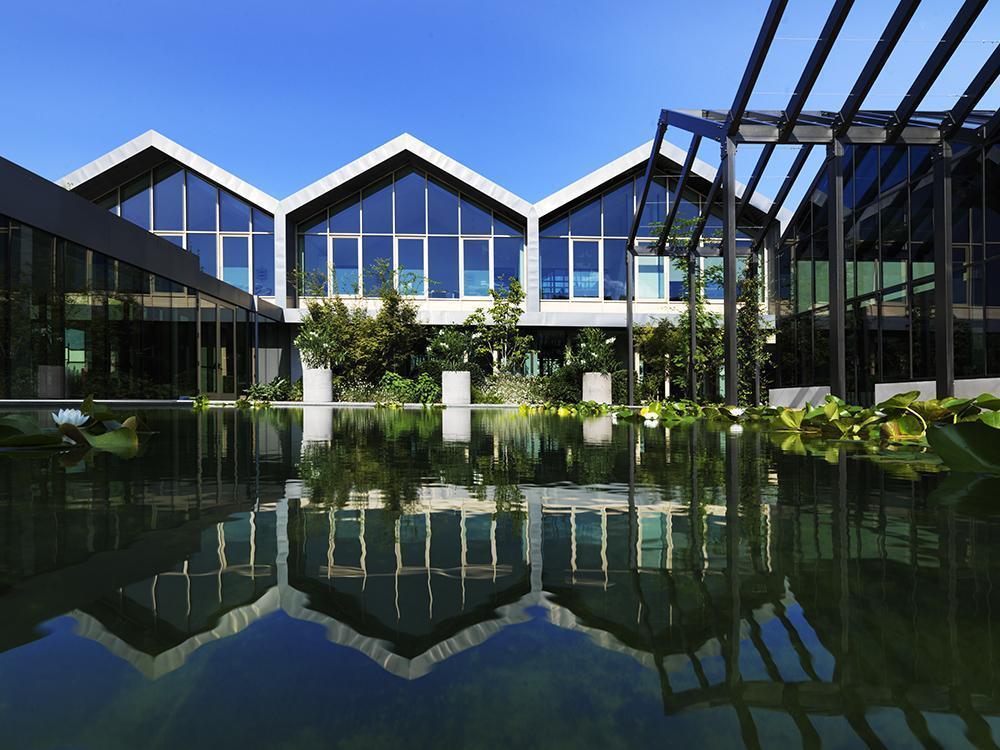It’s no secret that time spent exercising, playing, and relaxing in the great outdoors improves our physical and mental health. The sun provides our bodies with valuable vitamin D, which is crucial to all sorts of physical processes including sleep, digestion, metabolic regulation, energy, and mental clarity.
However, we must enjoy the sun cautiously and with care because spending time outside also means sun exposure. The largest organ in our body, our epidermis, is constantly exposed to the sun’s damaging uv rays.
Fortunately, the invention of sunscreen and other sun protectants helps us safely and enjoyably embrace mother nature. You likely know the importance of sunscreen and have heard the host of benefits it has to offer. Here we examine just how important sunscreen is and how it works to protect your skin.
















